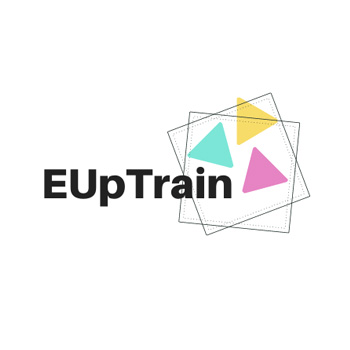EUp Train

Transnational knowledge exchange between trainers of low-skilled adults in multiple European countries
KA2 - Cooperation for innovation and the exchange of good practices | Strategic Partnerships for adult education
2020-01-AT01-KA204-077961
09/2020 - 03/2022 (18 months)
100.113 €
Austria, Greece, Italy, Portugal, Romania, Bulgaria
Visit the Project's Website
Follow the project on Social Media
EUp Train
Personnel, specifically trainers of low-skilled adults are confronted with various issues across European institutions. This was identified through a series of surveys which were developed and conducted in the participating educational organisations. The development of the survey was based on qualitative interviews conducted internally at ipcenter and ÖJAB. The interviewees were qualified trainers with at least 2 years of experience. They shared their experiences working with low-skilled adults in terms of their difficulties and needs related to the training. From this a questionnaire was developed in order to assess the situation in the participating countries.
The results then showed the need for intervention on a transnational level as according to the survey “Questionnaire for trainers of low-skilled course participants” which was completed by 85 trainers from the participating organisations: when asked “What unpleasant situations have you already been confronted with on several occasions?” (while conducting a training with low-skilled adults), aprox. 60% of the Austrian trainers state that participants are usually late, while 81% and 75% of the Portuguese and Greek trainers respectively stated that participants show aggressive behaviour. This asks for measures in terms of conflict management which will be a topic of discussion during the knowledge exchange workshop and will be visible as a chapter in the EUpTrain handbook. Furthermore, when asked about the reason why conflict situations emerge during a course, 73% of the Portuguese trainers answered because of “religious differences” while the majority of Austrian (68%), Hungarian (63%) and Greek (63%) trainers answered because of “cultural differences”.
Objectives of the project
- Create a transnational network between Austria, Hungary, Bulgaria, Italy, Portugal, Greece and Romania in order to share knowledge between organisations specialised in the field of adult education through exchange of experts at a knowledge exchange workshop and the development of a handbook comprising good practices and methods for trainers of low-skilled adults
- Ιmprove the work through new methods as well as personal life (as result of the cultural and personal exchange) of the trainers on a European – and therefore transnational level
- Share experiences between experts and then implement the knowledge to overall gain insight into how other organisations in different European countries approach such issues, but also to reinforce networks, increase their capacity to operate at transnational level, share and confront ideas, practices and methods.
Expected Main Results
Below you can find and download the Trainer’s Handbook developed during the project:
Project Activities
EUpTrain activities include:
- 3 transnational project meetings attended by a total of 16 experts
- one knowledge exchange workshop with the main goal to filter out examples of good practices from all participating organisations and to show international differences, new opportunities, new ways of work and different methodologies in training of low-skilled adults
- based on the workshop results: creation of a handbook containing 16 best practices and 8 methodologies


